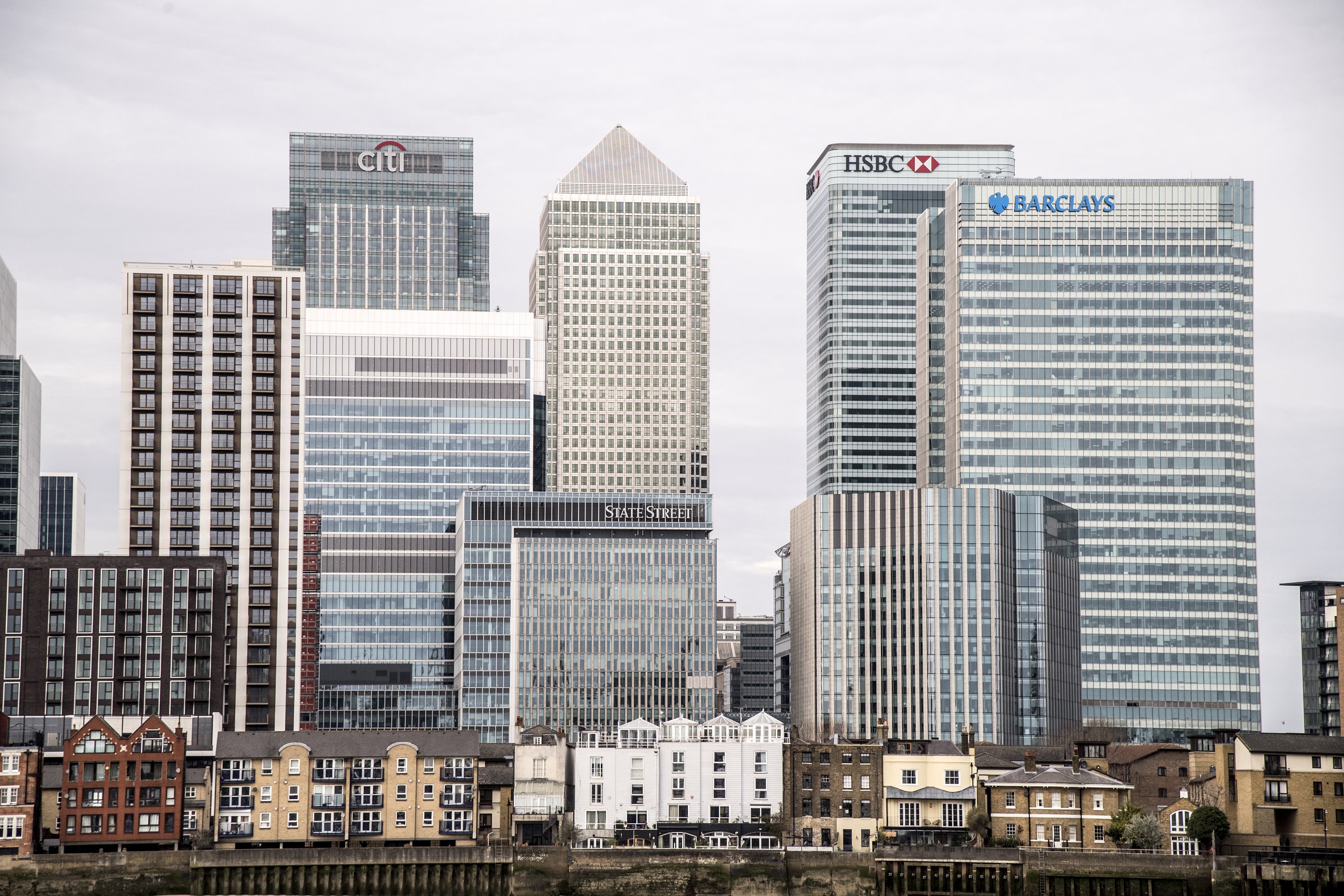One thing could end our love affair with big cities – and it’s not Covid
While the pandemic and the possibility of remote working might not be enough to end our collective draw to major cities, something else could break the bond


The rise and rise of big cities – of urbanism – seemed inevitable not so long ago. Over time more and more people would be sucked into ever growing melting pots, we were told, attracted by the possibility of work, of creativity, of dynamism. It was manifest destiny.
The towns and even the smaller cities that surround these new megalopolises would increasingly just become dormitory settlements for the urban beasts nearby that – like some kind of economic and cultural black holes – would suck everything of interest into their orbits.
And then along came Covid. Observers of the human condition were quick to pivot. Suddenly we were forced to listen to endless harbingers of doom, predicting the death of cities as centres of public life, predicting how the public realm would wither, and how remote working would allow everyone to live and work anywhere they liked providing there was a laptop and functional WiFi.
Now – God willing – the worst of coronavirus is behind us, what will people do? Will they stick or twist?
Focus groups I have worked on over the last few months for a project called Urban Patriotism have convinced me that those who were enthusiastically suggesting the slow death of Britain’s great cities might well have overstretched their prediction skills. Residents of, in this case London, Birmingham, Manchester and Leeds, remain in love with the places that they live in.
Cities, and city-life, are embedded in their DNA. It is clear that it will take more than the opportunity to work remotely in their bedroom to force these committed urbanites to leave their friends, family and heritage and up sticks for the countryside.
But this is not the end of the story. Because, while the pandemic and the possibility of remote working might not be enough to end the love affair, something else could break this bond: crime.
The last thing I would want to do is come across as some right wing columnist ranting about marauding gangs of youths, but the growing presence of local violent crime – especially stabbings – looms all too large in the lives of normal people in the normal communities in our wonderful cities. And if they feel it getting any worse, it could see them head for the hills.
The issue came up time and again in our focus groups when we asked people about their lives in the places in which they live: far more than coronavirus.
There were far too many stories to recount. But this one from a barman in Birmingham was striking: “I frequent the gay village in Birmingham and there was, the other week, an incident outside which has been deemed a homophobic attack on two lads. A bottle was used to knock one of them out and slash one of the guy’s faces. We get a lot of cars driving round, people shouting out homophobic abuse. Muggings. Attacks. It just feels unsafe sometimes.”
All of which leads me to Keir Starmer, and his recent change in tone when it comes these issues. He has notably started to project a stronger position on crime, which he conceives as the right of people to enjoy personal security. He has also made a lot of his time as Director of Public Prosecutions.
To keep up to speed with all the latest opinions and comment sign up to our free weekly Voices newsletter by clicking here
Speaking at the start of January he put it like this: “The first duty of a government is the security of its citizens. I was once this country’s leading prosecutor. Crime and anti-social behaviour are issues that matter to me personally. I have seen too many victims of crime, most of them not at all well off, not to know that security is a matter of social justice.”
He is right, of course. And voters in Britain’s big cities – which he will need to make sure he wins overwhelmingly at the next election, as well as the Red Wall – will agree with him when they hear this message.
The language might not be quite as catchy as “tough on crime, tough on the causes of crime,” but it’s half way there – and that’s no bad thing. It might just ensure that our cities continue to grow and flourish.
Ed Dorrell is a director at Public First

Join our commenting forum
Join thought-provoking conversations, follow other Independent readers and see their replies